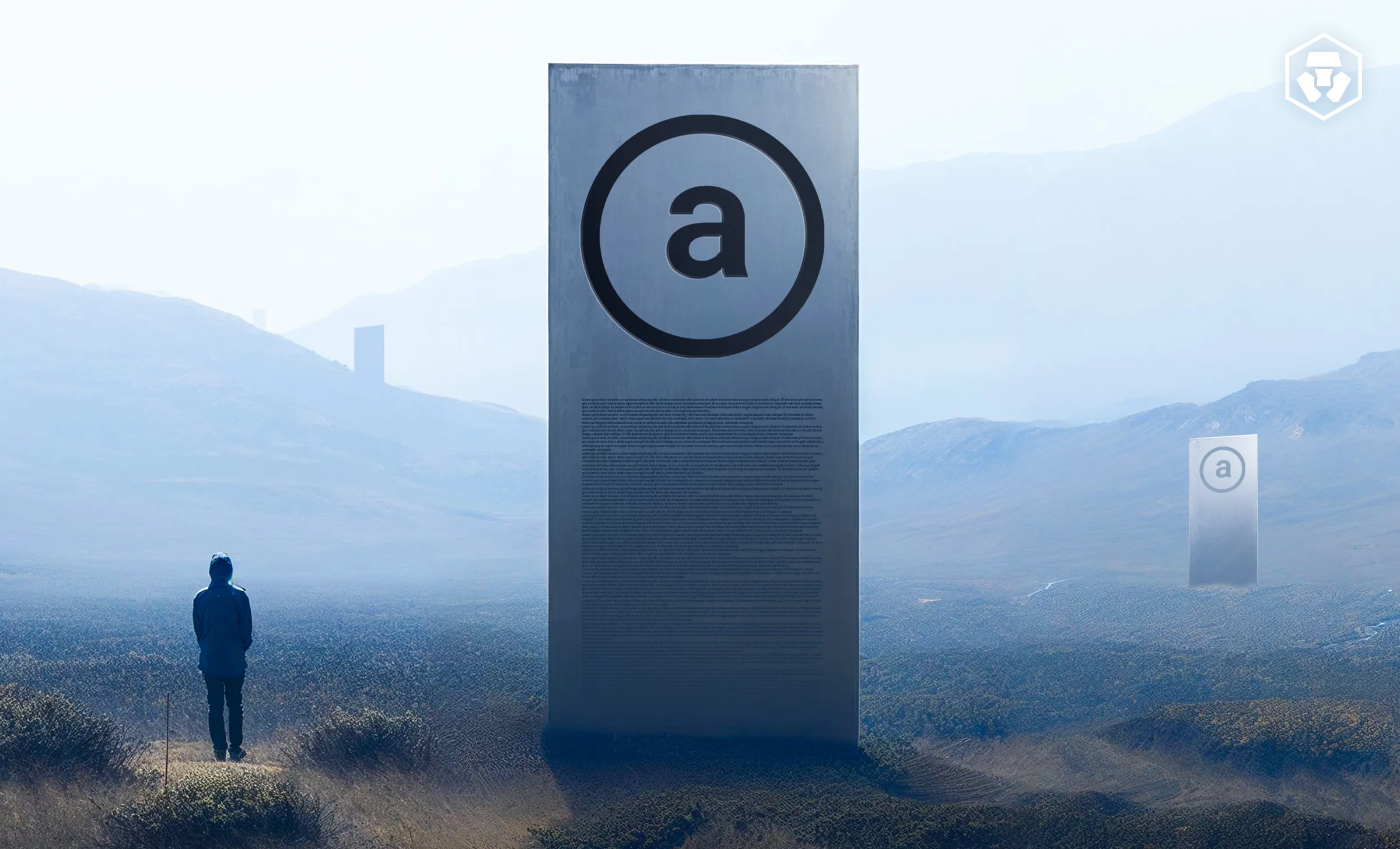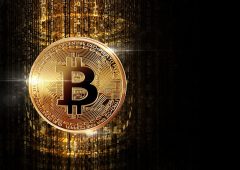Arweave Unveils Major Upgrade with Launch of Next-Gen Decentralized Platform
10.02.2025 12:00 1 min. read Kosta Gushterov
Arweave has officially launched the mainnet for its new computing platform, AO, marking a key milestone after a year-long testnet phase.
With the mainnet now live, the platform’s native AO tokens can be transferred, and its decentralized computing capabilities are set to expand.
AO is designed as a “hyperparallel computer,” enabling distributed, parallel processing for various applications. By utilizing Arweave’s persistent data storage, AO ensures that data remains immutable and accessible, which is essential for its on-chain computations. This approach leverages Arweave’s decentralized infrastructure to scale AO’s shared ledger, ensuring the long-term stability and integrity of its computations.
The launch of AO is not only significant for decentralized computing but is also expected to drive increased demand for Arweave’s storage solutions. The platform will facilitate next-generation decentralized applications (dApps), including autonomous AI agents. The launch also introduces the AO token, which has a fixed supply of 21 million, following the same scarcity model as Bitcoin.
In line with its fair distribution model, the project will allocate 36% of the AO tokens to AR token holders, with the remaining 64% reserved for economic incentives and user growth, such as rewards for bridging assets to the platform or depositing tokens like DAI and stETH into the AO ecosystem.
-
1
Polygon Breaks from Decentralization as Sandeep Nailwal Assumes Full Control
11.06.2025 20:00 2 min. read -
2
Ethereum Gets Serious About Security with New Roadmap and Leadership Changes
12.06.2025 8:00 1 min. read -
3
PancakeSwap Unveils Seamless Crosschain Swaps with Game-Changing Upgrade
12.06.2025 13:00 1 min. read -
4
Israel vs. Iran: Who Really Leads the Middle-East Blockchain Race?
13.06.2025 20:00 2 min. read -
5
Solana Partners with Kazakhstan to Launch Digital Economy Zone
22.06.2025 18:00 2 min. read
Top 10 DeFi Projects by Development This Month
According to a new report by Santiment, Chainlink ($LINK) has maintained its dominant position as the most actively developed DeFi project over the past 30 days.
XRP Ledger Sees Sharp Drop in Activity as Key Network Metrics Tumble
The XRP Ledger has seen a dramatic slowdown in usage, with fresh data revealing a steep drop in both transactions and new account activations—raising concerns about the token’s short-term outlook.
Coinbase Brings Cardano and Litecoin to DeFi via New Wrapped Tokens on Base
Coinbase has taken another step toward boosting DeFi participation by launching wrapped versions of Cardano and Litecoin on its Base Layer 2 network.
Canton Network Developer Secures $135M to Expand Institutional Blockchain Use
Digital Asset has locked in $135 million in fresh capital to scale up its institutional blockchain platform, Canton Network.
-
1
Polygon Breaks from Decentralization as Sandeep Nailwal Assumes Full Control
11.06.2025 20:00 2 min. read -
2
Ethereum Gets Serious About Security with New Roadmap and Leadership Changes
12.06.2025 8:00 1 min. read -
3
PancakeSwap Unveils Seamless Crosschain Swaps with Game-Changing Upgrade
12.06.2025 13:00 1 min. read -
4
Israel vs. Iran: Who Really Leads the Middle-East Blockchain Race?
13.06.2025 20:00 2 min. read -
5
Solana Partners with Kazakhstan to Launch Digital Economy Zone
22.06.2025 18:00 2 min. read


